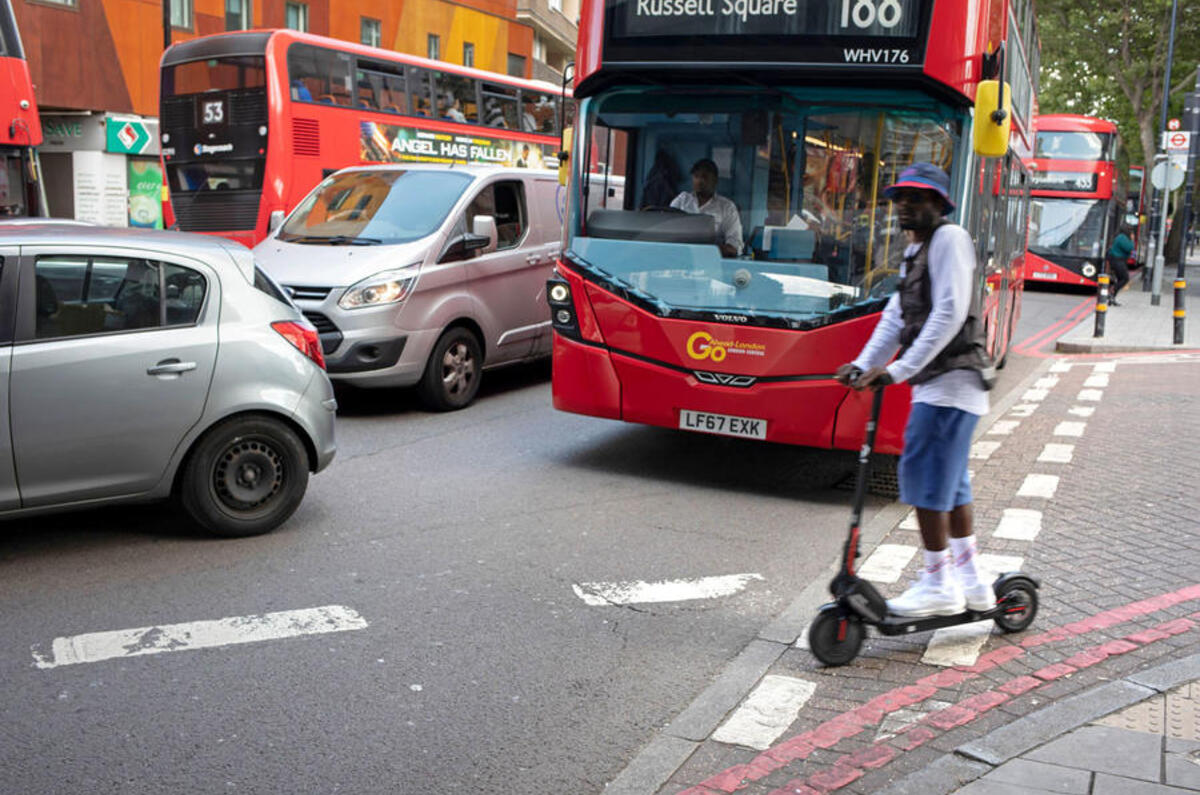Later this year, a bill will be introduced to make e-scooters legal to use on the UK’s roads.
If it follows a typical course, it will take about eight months to pass into law, from where consultation will begin prior to regulations being drafted to make it happen.




Add your comment